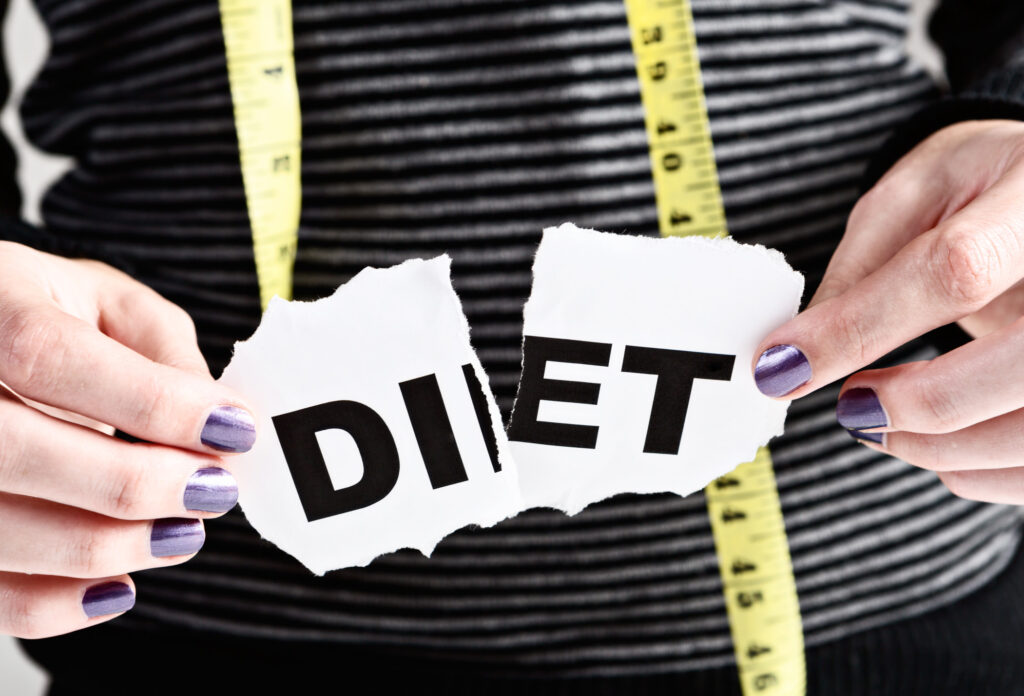|
The Next ‘It’ Diet? Not trying to lose weight
|
| If you’ve tried every diet under the sun without success, is it time to ditch all diets?
What is intuitive eating? Does it mean that if you’re craving Häagen-Dazs, you should listen to your body? Cancel diet culture with intuitive eating Caroline Dooner spent her teens and early 20s trying to lose weight. A physician diagnosed her with an endocrine disorder and suggested she try to shed some pounds. She went on the low-carbohydrate, high-fat Atkins diet.
She found she couldn’t stop thinking about the foods she wasn’t supposed to eat. She began a cycle of binging on her favorite foods and then losing weight again. She tried other diets. None worked. “I was constantly thinking about my weight and what I put into my body,” she says.
Ms. Dooner, 34, doesn’t diet anymore. In 2019, she published a book, “The F*ck-It Diet,” about her struggle with dieting and the cultural obsession with being thin. She’s happier than ever with her body and her relationship with food, she says.
More people like Ms. Dooner, exhausted by the pressures of the scale, restrictions on their favorite foods and the imperative of trying to look a certain way, are questioning whether they should give up dieting altogether.
Some of them are finding the burgeoning anti-diet movement, which anticipates a future in which people don’t try to change their weight. Instead of relying on weight or body-mass index, this subset of dietitians, nutritionists, and others advocates ending diets and placing more emphasis on markers of health such as endurance, sleep, and mental well-being. Shifting views on what it means to be healthy—as well as scientific research on diets and health—are helping drive the movement.
The anti-diet movement has high hurdles to becoming mainstream, say anti-diet proponents. The medical community overwhelmingly considers weight a crucial barometer of health. Decades of scientific research link higher weights to increased risks of heart disease, cancer, diabetes and other illnesses.
|



